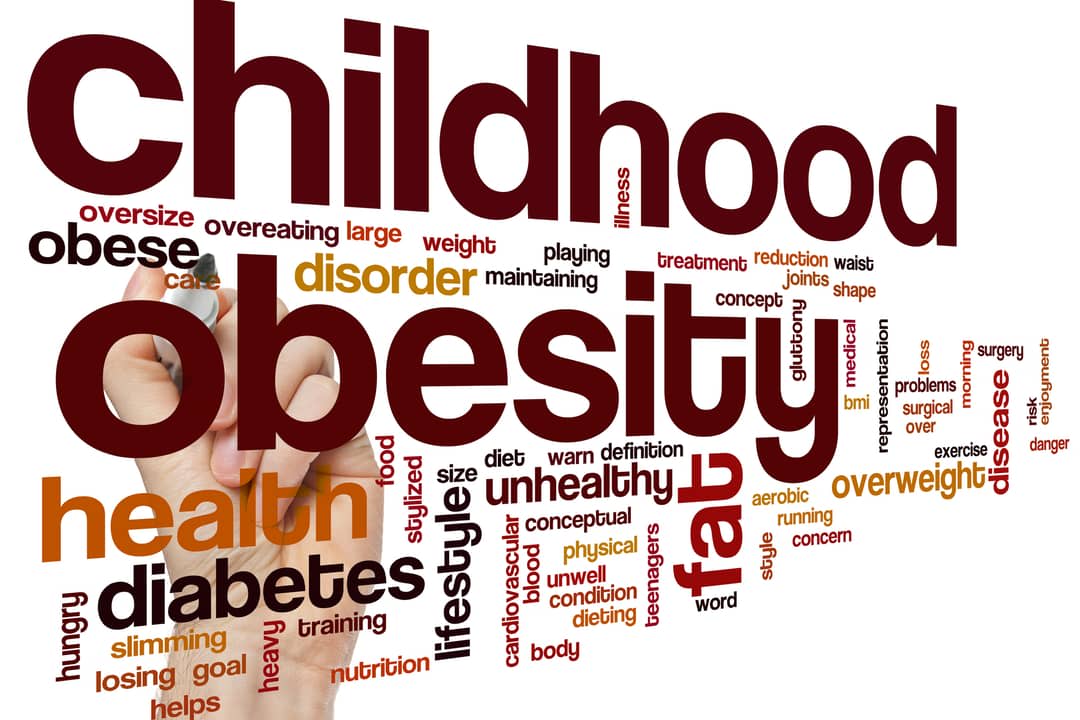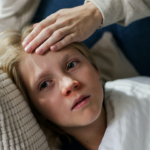
09 Jun Leveraging the digital era for fitter, healthier, happier children
Overweight and obesity is the second-largest contributor to Australia’s disease burden and health costs, including significantly driving Australia’s high-cost diseases (for example, musculoskeletal disorders, cardiovascular diseases, diabetes, cancers).
It’s estimated to cost the Australian economy $11.8 billion, and if obesity rates continue to increase, will cost Australia an additional $87.7 billion in 10 years’ time.
Australians with obesity are at a higher risk of developing major chronic conditions, such as cardiovascular disease, type 2 diabetes and cancers, mental health disorders, experiencing social exclusion, and/or lower quality of life.
In Australia, obesity rates have increased the past 10 to 15 years, and remain a historically high proportion of the population. For instance, in Victoria, about two in three adults and one in four children are classified as overweight or obese.
Children living with overweight and obesity are also likely to become adults living with overweight or obesity. An increase in excess weight gain is even found in children in their early childhood years.
The environment in which we live contributes greatly to our health. Australia’s obesogenic environment impacts obesity rates.
An obesogenic environment refers to factors external to the individual, including greater accessibility, affordability and promotion of energy versus nutrient-dense foods, and technological advancements encouraging more sedentary versus active activities, that encourage high-energy intake and low-energy expenditure.
The vulnerability of children
Children are particularly vulnerable, as childhood is a critical period of growth and development. Families need more support to negotiate the current obesogenic environment.
With the high incidences of childhood obesity, urgent action is also needed to improve support for children and their families living with established obesity.

Addressing obesity in Australia requires a collaborative effort across all communities and age groups, particularly our future generations.
Family-based lifestyle programs have been designed and shown to help children living with overweight or obesity improve their weight-related/metabolic outcomes and/or health-related behaviours.
Many of these programs are (traditionally) administered face-to-face, and although they incorporate effective strategies, are inaccessible to many children and their families.
Taking the obesity battle online
Digitising programs (that is, eHealth) is a way to improve accessibility; however, not everyone has jumped on board.
In Victoria, for instance, lifestyle programs for children with overweight and obesity are scarce, let alone any existing eHealth programs.
A recent survey of childhood weight management clinics identified waiting lists of up to 12 months.
System-wide changes, including lockdowns, isolation and social distancing, as responses to COVID-19, have also facilitated obesogenic behaviours, and thus further exacerbated this progressive and chronic condition.
Likewise, obesity may contribute to and/or augment manifestations of COVID-19. Consequently, healthcare systems have had to adapt to restrictions, increased and/or changed demands for healthcare services related to COVID-19, one being the need to adopt remote services. Since the unfolding of COVID-19, we’ve seen a surge in electronic modes of healthcare delivery.
The online Better Health Program is an evidence-based eHealth lifestyle program designed by health professionals for children aged 7-13 years living with overweight or obesity.
It aims to support families in making healthy behaviour changes using online modules on healthy eating and physical activity, phone coaching calls, email/SMS communication, and health-related prize incentives (such as gift vouchers) that lead to improved health outcomes and fitter, healthier, happier children.

The online version of the Better Health Program is currently only delivered across Western Australia (WA) in partnership with the WA Department of Health. If implemented, this eHealth program will be the first of its kind in Victoria.
In a new research project, the Department of Nutrition, Dietetics and Food at Monash University is partnering with Better Health Company to evaluate the impact of the online program on health behaviours.
The program has the potential to increase accessibility and reach of lifestyle programs for children and families living with obesity across Australia.
Better Health Company is providing free places in its online Better Health Program for families who can participate in the research study.
“We’re excited to be working with the Better Health Company on this project, and we look forward to sharing the results with the Monash community in the near future,” says Dr Zoe Davidson, the study’s principal investigator.
The research study is now open for recruitment. You can find out more about the project here.
Written by: Diana Zhu, PhD Candidate, Department of Nutrition, Dietetics and Food; Zoe Davidson, Senior Lecturer, Department of Nutrition, Dietetics and Food; Simone Gibson, Associate Professor, School of Clinical Sciences, Faculty of Medicine, Nursing and Health Sciences. Monash University.
This article was first published on Monash Lens. Read the original article



